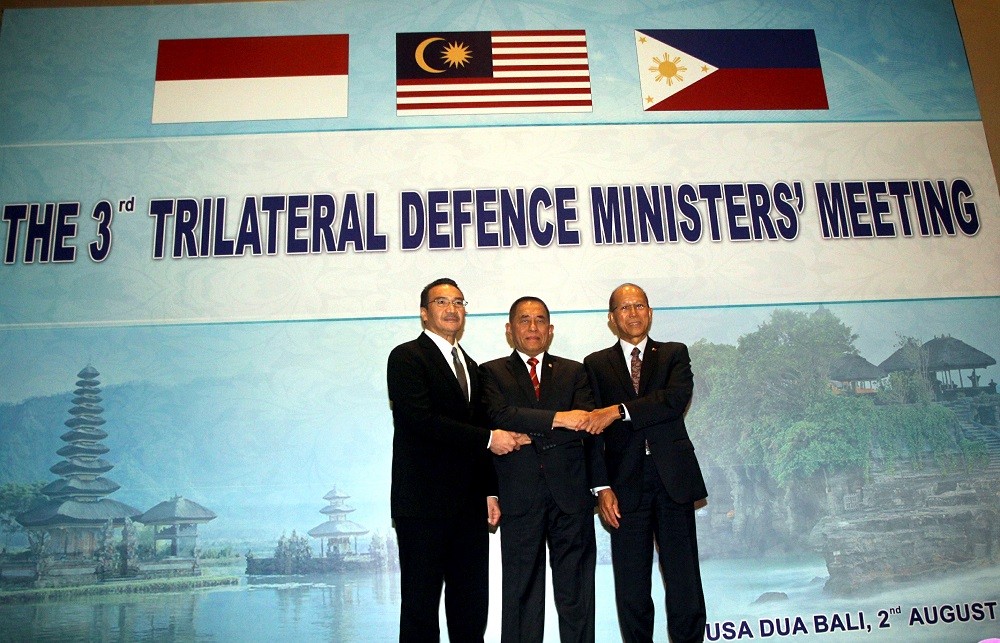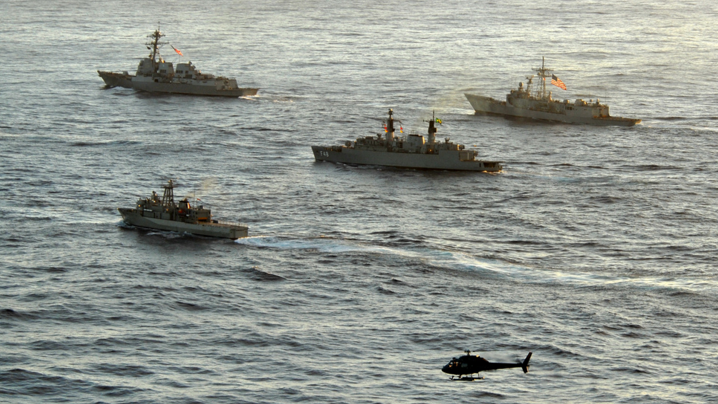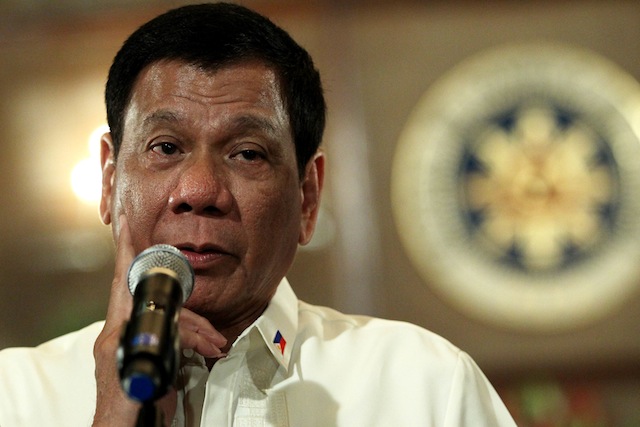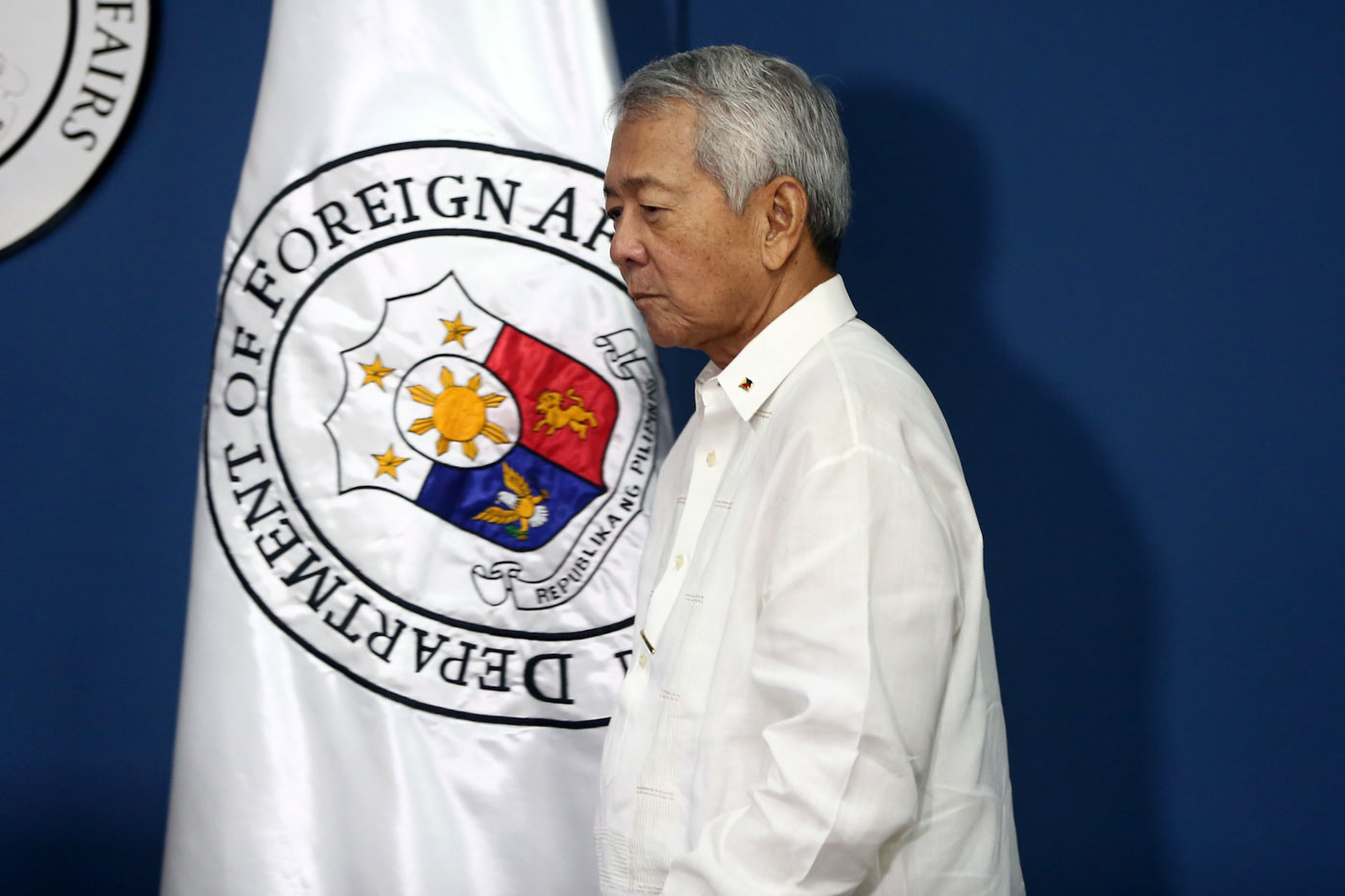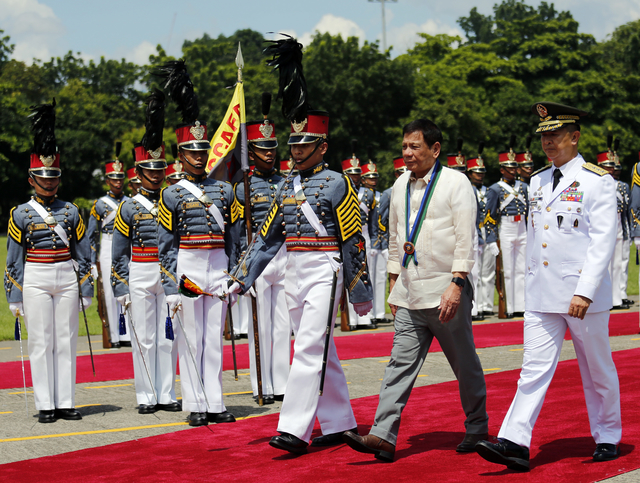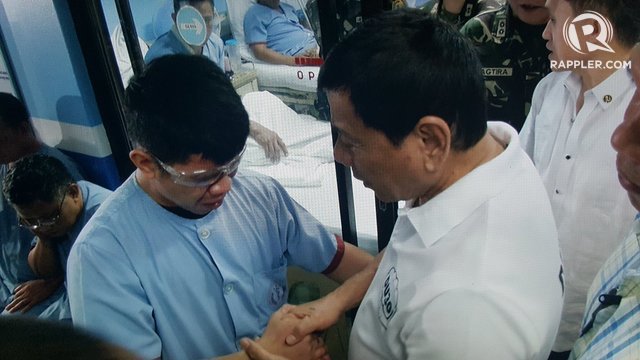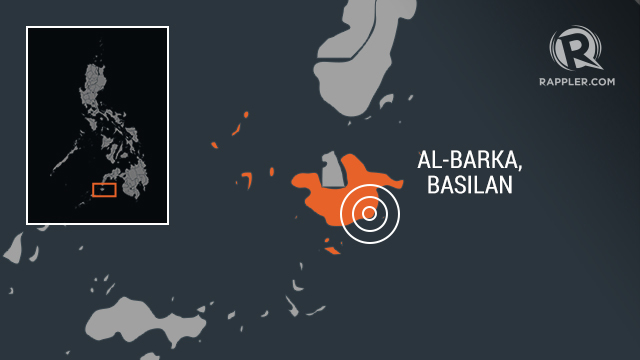I hope President Rodrigo Duterte has realized that the megalomaniac septuagenarian Jose Ma. Sison no longer commands, nor has any influence over, the New People’s Army or the Communist Party of the Philippines (CPP). Even his ideological sway over the communist insurgents has weakened to a mere nostalgia since he was captured in 1977.
If Cory Aquino didn’t resuscitate his mythology, Sison would have long joined the ranks of the old leaders of the pro-Soviet Partido Komunista ng Pilipinas like the Lava brothers whom the young communists have not even come to know or heard about.
The entirety of the revolutionary forces Sison now commands would fit in a subcompact European car, consisting of non-Filipino septuagenarians on their way to posh retirement resorts in Europe: Juliet de Lima, Sison’s wife and sister of Senator Leila de Lima, the ex-clerics Luis Jalandoni and Connie Ledesma, both Dutch citizens; and Fidel Agcaoili, son of the former strongman’s top lawyer, Federico Agcaoili, reputedly a Spanish citizen.
His decline as the communist leader in the Philippines hastened when he fled the country in 1987, especially as the generation of CPP cadres and NPA commanders who had taken command had come from the youth group Samahang Demokratiko ng Pilipinas (SDK), which Sison ordered dismantled in 1972 to give way to his organization Kabataang Makabayan. (In fact, right after Martial Law was imposed, Sison deployed many of the SDK leaders, like Tony Hilario and Ferdie Arceo, to the countryside to organize NPA units. Poorly armed and financed, and without military training of any sort, they were killed in a few months, mostly by barrio militias who thought they were bandits.)

Who will the NPA follow as leader? The Tiamzons who have fought IN the boondocks for 40 years, or Sison, who has been in the Netherlands the past 30 years?
But that was when there was no worldwide web.
Revolutionary plagiarism
Now we know that the PSR is a near-total plagiarism — even in its title — of Indonesian Communist Party chairman D.N. Aidit’s Indonesian Society, Indonesian Revolution published in 1949, which in turn was copied from Mao Ze Dong’s 1939 Specific Characteristics of the People’s War in China.
Sison was sent by the old Partido Komunista ng Pilipinas to Indonesia in 1964 to learn from what was then the biggest communist party in Asia (other than the Chinese party), which seemed at the time to be on the verge of revolution. Instead, Suharto (who would be in power for 31 years) overthrew the left-leaning Sukarno, and massacred nearly all Indonesian communists, including Aidit, together with 500,000 Indonesians of Chinese ethnicity. The Chinese-looking Sison just barely missed the pogrom, and would have, with his Chinese-looks, been executed.
An excellent wordsmith, Sison had managed to portray himself as the undisputed leader of the Philippine revolution, who made it grow to be such a threat to the Philippine bourgeois state. In reality, in the CPP’s 48 years of existence, Sison spent barely seven years leading the revolution on the ground, since he went so deep in the underground right after Martial Law was imposed that he lost touch with the NPA and the communist centers of power for two years. He also got jailed for nine years from 1977 to 1986, and has, for nearly three decades since his 1987 escape, been living in the Netherlands.
The revolution’s growth, starting in the late 1970s after Commander Dante, was due to the work of such commanders as Rodolfo (“Commander Bilog”) Salas, Romulo Kintanar, Benito Tiamzon, Jorge Madlos, Edgar Jopson, and of course, for Metro Manila, Filemon Lagman, When he was chairman, Sison presided over the party’s rout, with him, Commander Dante and several other Politburo members captured in one swoop by the Philippine Constabulary in 1977. By the time Cory released him in 1986, the revolution had already grown by leaps and bounds, led by these CPP and NPA leaders.
Sison doesn’t know, let alone met in person, the present CPP leaders and NPA commandeers. In contrast, the real revolution in the mountains and jungles had been carried out for nearly four decades by communist leaders Benito Tiamzon and his wife Wilma Austria, (reportedly the CPP chairman and general secretary, respectively until their capture in 2014), as well as Tiamzon’s alleged successor, Adel Silva, who was captured last year.
The present overall commander of the NPA, who had been in Southern Luzon jungles for almost 40 years, had not met Sison. I was told he was dismissive of Sison and the Utrecht group. The acting Party secretary general had been with Sison in the underground in the early 1970s but has had a falling out with the demagogue, whom he disliked.
In short, I don’t think the CPP and the NPA will follow any agreement signed by Sison, who now hilariously refers to himself as just a National Democratic Front “consultant” but has published a book of his interviews with gullible European leftist writers, entitled “The Philippine Revolution: The Leader’s View.”
Why would anyone follow an agreement signed by Sison, Jalandoni and Agcaoili, who have spent the past three decades in the comfort of imperialist nations’ cities?
Check their credentials
There has to be a way, as it is required in all negotiations, for the Philippine government to check first the credentials of people they are talking to, to be sure they really represent the revolutionary forces on whose behalf they claim to speak. And this just can’t be based on historical precedent.
The communist party’s real leaders with whom President Duterte must communicate to ask them who their representatives are, would be the following: the current Party secretary general, the NPA overall commander (officially termed as head of the NPA National Operational Command), the head of the Party’s legal struggles group (which supervises the leftist party-lists and unarmed leftist groups), and of course, the Tiamzon couple, who are very much respected by the CPP and NPA commanders as their leader in the past 20 years.
Duterte should also change his entire panel of negotiators. Bebot Bello and Jess Dureza are very good men, passionate to have peace in the country. But they have been so close to Sison and the Utrecht group – with whom they have been talking since former President Fidel Ramos’ administration – that they seem to be bosom friends with the Utrecht residents, so that Sison knows how they think. Change, in the case of our peace panel, hasn’t come.
This is a big no-no in negotiations, as this undercuts their negotiating power. Other countries that are engaged in peace talks even routinely change their negotiators, so that the other party is in the dark as to how to handle the negotiators.
Get ex-generals and hardly smiling, stern people, the likes of Senator Panfil
o Lacson, to create an atmosphere of seriousness in the talks. Get ex-general Jovito Palparan, the communists’ nemesis, to join our panel, to unsettle them. It’s sickening the way Bello and Dureza keep smiling when talking to Sison, who is responsible one way or another for the deaths of thousands of Filipinos and for our country’s political instability that has been one major factor for our nation’s poverty.
It is also scandalous why this former congressman was included in the panel, allegedly upon the request of Sison. Why the hell would the other party be given a say on who our negotiators should be? Or is he there just so he can regularly visit Amsterdam’s marijuana cafes?
tiglao.manilatimes@gmail.com
http://www.manilatimes.net/jomas-revolutionary-forces-would-fit-in-a-subcompact-european-car/277595/






